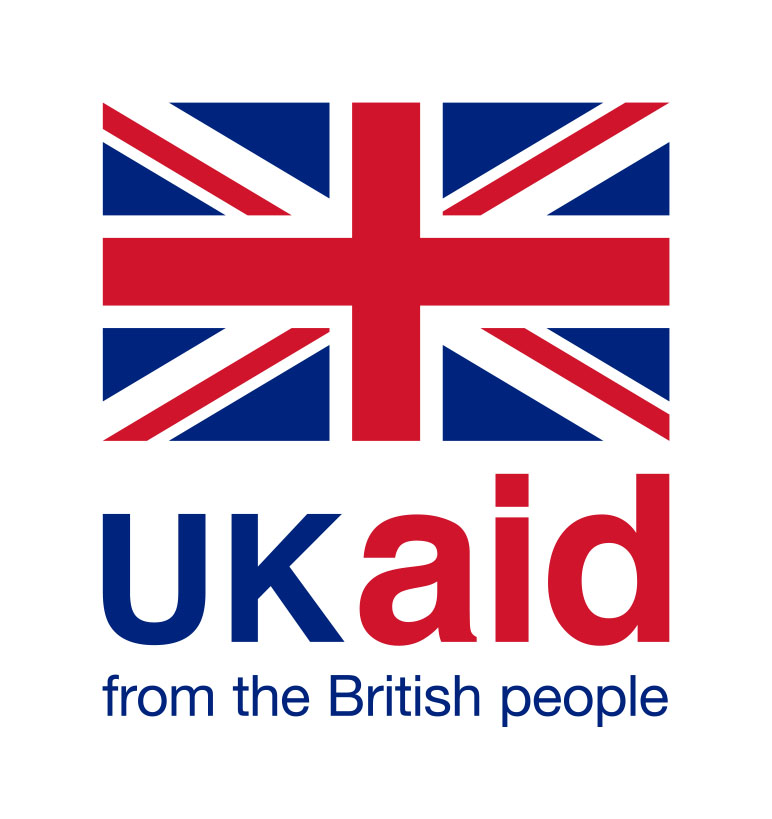Universal Health Coverage Policy Dialogue: Opportunities and Challenges in Engaging the Private Sector in Kenya
The private sector is an important part of the health system in Kenya, with over half of all health facilities being privately owned. Vision2030 and the “Big Four Agenda” recognize that achieving UHC will require coordinated efforts by all stakeholders across multiple sectors, and specifically recognize the importance of engaging the private sector given its important role in healthcare.
However, governments engaging in UHC are faced with an array of complex choices on how strategic purchasing can be effectively utilised to shape health markets for the poor, and on the role that private sector providers can play.
On Tuesday, 19 March 2019, Innovations for Poverty Action, Marie Stopes Kenya, and Population Services Kenya co-hosted an event to discuss the private sector’s role in delivering UHC. This policy dialogue aimed to advance collaborations on engaging with the private sector and other players for UHC in Kenya. With a view towards strengthening the evidence base, implementers, researchers, donors, and policymakers had the opportunity to discuss challenges, progress, and opportunities of working with the private sector to achieve UHC. The fora deliberated on the following questions, among others:
- How can the private sector best support the government to achieve its UHC agenda?
- How can the government both encourage and guide private sector engagement in support of the UHC agenda?
- What are the barriers for the private sector healthcare providers to collaborate more intimately with the government?
- What is the experience and role of the private sector in the purchasing of healthcare services in Kenya?
Outcomes
At the end of the policy dialogue, stakeholders had a better understanding of UHC in the context of:
- Shaping healthcare markets to better meet population health needs—particularly those of the poor
- Linking health initiatives to broader market conditions/dynamics and other market actors
- Barriers and levers in health-seeking behavior in the context of health financing by individuals, insurance, and government
 |
 |
 |
The African Health Markets for Equity (AHME) program is funded by the Bill & Melinda Gates Foundation and UK aid, from the UK government. This meeting is being funded by the AHME program; however, the views expressed do not necessarily reflect the funders’ official policy.











